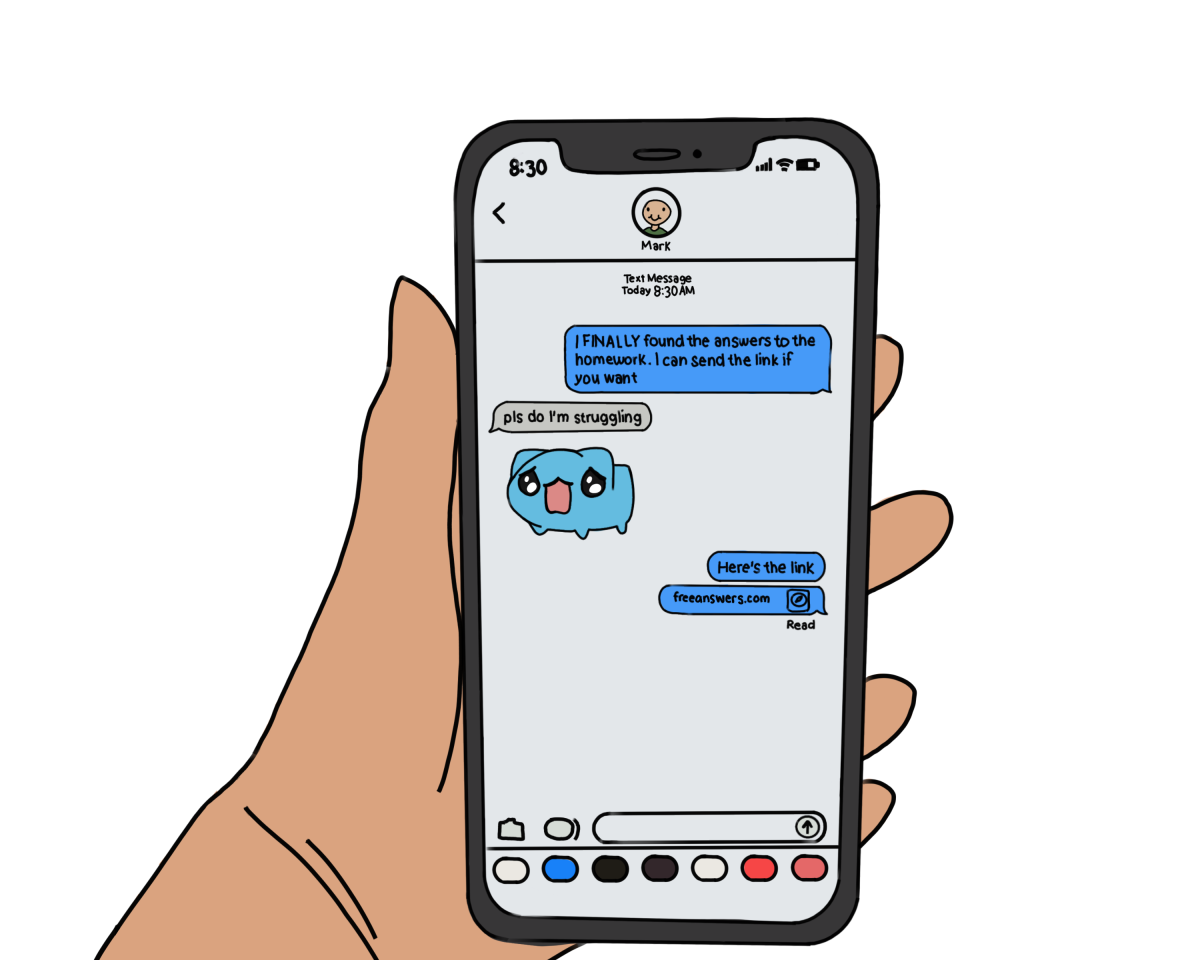It is a busy school week. Assignments are piling up. You have exams in your two hardest classes. If you do not pass those exams, you will not get the credits you need to complete your degree.
On top of those exams, you have a project due in another class. You do not want to lose points for turning in late work, so you ask a friend to send you their project. You quickly paraphrase your friend’s work and turn it in as your own.
You do not think much of this choice until you receive an email from the Office of Student Advocacy & Accountability informing you that you are in violation of the Student Code of Conduct. You are a good student and have worked hard your entire college career, but you know that this mistake will permanently taint your otherwise clean record.
Most universities, including LSU, have very strict policies when it comes to academic dishonesty.
According to the LSU Code of Student Conduct, “High standards of academic integrity are crucial for the University to fulfill its educational mission.”
The code lists behaviors that qualify as academic misconduct, such as collaboration, copying and plagiarism. The code also lists the scary inventory of possible outcomes for these infractions.
After students’ academic dishonesty cases are reviewed by SAA, they could potentially face disciplinary probation, suspension, grade impact or even expulsion. In most cases, students also receive a notation on their transcript that hurts their chance of securing a job or enrolling in graduate school in the future.
Although it has been revised many times, the Code of Conduct has been in place since 1969. There is even an 11-member committee, including the Dean of Students, that periodically reviews and updates the code.
Academic integrity is important, and everyone needs to be held to the same academic standards. For the sake of the university’s credibility, students need to submit original work. But should an impulse mistake ruin a student’s future?
The university treats academic honesty with the upmost importance but has historically not given the same gravity to sexual assault.
The university made policy changes following Husch Blackwell’s investigation into its mishandling of sexual assault cases. One of the most impactful of these changes adds a notation to the transcripts of students under investigation by the Title IX Office. The university also expanded their Title IX Office in recent months.
These are big steps for the university, but it is still shocking that academic dishonesty has ever been regarded as a more serious matter than sexual misconduct. Prior to the Husch Blackwell investigation, the Title IX office consisted of two employees compared to the committee of 11 entrusted with updating the Student Code of Conduct.
It also shocking that prior to the new transcript notation policy, students under investigation for sexual misconduct could continue into their futures unscathed, while students with even the smallest cheating violation had their transcripts notated for future employers to see.
In 2018, then-senior Nam Vu posted a project online to his personal portfolio, and it was copied by another student. Although Vu shared his project online without the intention of others plagarizing, he was still contacted by SAA and received a note on his transcript according to 2018 Reveille reports.
Academic dishonesty policies lack compassion or understanding. Students accused of cheating are not dangers to the LSU campus. Academic dishonesty is a mistake students should have the chance to learn from.
Lura Stabiler is a 22-year-old journalism senior from Baton Rouge.





